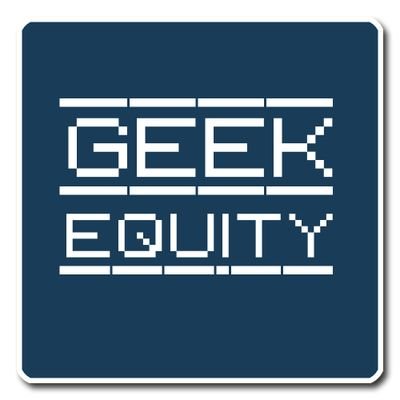Our geek project is progressing although we, like many researchers, have had to adapt to the new normality of the Corona pandemic. For instance, our planned face-to-face interviews are now happening online and our ethnographic work is not possible right now. However, doing research in Corona times also make us think along new lines and explore new things, for example, understanding how the pandemic affects peoples’ every-day-lives, and in our case how it might change how the geek is viewed. We therefore got back in touch with our participants in schools – the students who we interviewed about geeks and geekiness. We asked them: “How do you think the Corona pandemic is influencing how the geek and geekiness are perceived?” While we’re waiting to hear back from them, Eva Silfver in this post shifts focus from geek/geekiness and how geeks are positioned or positions themselves in Corona times, to the production of a new ‘norm identity’ as an effect of the ‘new normality’.
As we all know, the new normality has forced us into social distancing and means that many academics and others are now working (mostly) from home, in front of a computer, and socialising differently. In that sense, the Corona pandemic offers many of us a new identity not far from geeks. There is however not one fixed geek identity. As with all identities, the geek can be interpreted as a position that changes depending on context. This is discussed by Andreas Ottemo who draws on Jason Tocci’s work which highlights the geek as social outcast, as genius, as fan, and as chic.
So, I will first explore, what I call, a new ‘norm identity’, and then ask myself questions about how this norm identity affects understandings of different notions of the geek. To do that, I draw on some narratives I have collected from myself, colleagues, friends and neighbours about people’s ‘new’ every-day-lives. I use these narratives to reflect on what the new norm identity might do to our thinking about geek identities and in what situations and contexts they are produced.
Narrative 1: From freedom to boredom
People talk about how working from home first made them feel free. This freedom concerns, for example, not having to rush to work, or take a morning shower, or put ‘their face on’ (make up). However, the new freedom has turned into boredom and feelings of isolation: ‘Working from home was okay for three days. Then it became very isolated and boring.’ ‘The freedom I first felt makes me now feel more isolated than free.’ Another narrative that comes up parallel with, and as an explanation for, the boredom and feelings of isolation is ‘humans as social beings’.
My reflection on the ‘freedom-to-boredom-narrative’ is that although the new normality opens a possibility to redefine ‘loneliness’ as freedom, freedom narratives remarkably quickly turn into narratives of social isolation alongside weary feelings. The discourse of humans-are-social-beings impacts heavily on us and regulates the norm towards boredom instead of freedom, which reproduces the geek as socially awkward.
Narrative 2: Covid-15
Other narratives describe how working from home makes people eat a lot of snacks: ‘I need snacks all the time when I work from home’. This narrative is highlighted as ‘suffering from covid-15’ (i.e. gaining 15 pounds in weight) and combines with talk about aching bodies due to sitting too long in front of a computer without taking proper breaks. In order to remedy such difficulties which obviously can lead to sick leave, my university head encourages us to take breaks. To underline this, the whole staff (about 80 people) has by mail received an exercise band from the head of the department to use as a training tool at home. A special platform is also arranged on the department’s intranet in order to help and encourage us to stay active. And people now post photos and short videos of themselves when they are exercising during lunch or in the mornings. Because, who wants to have a pasty body like the geek?
Reflecting on the covid-15 narrative make me think of the image of the geek and ‘his’ connection to drinking Jolt Cola. And I absolutely understand the feeling of needing sugar when you work alone, hour after hour. That make me feel sympathy with the geek. However, the self disciplining of the body that I also came to see when I reflected on the covid-15 narrative is a powerful tool and I believe it closes more than it opens up for an identification process between norm and geek identities.
Narrative 3: Silence
Another narrative is the one about how silent working life has become. Although we still have our teaching, meetings, and seminars going on, these are over Zoom where people tend to keep themselves ‘muted’ and sometimes only put on their video for the first minutes of the meeting, which then enlarges the distance even more. Zoom meetings are often talked about as ‘very tiring’, indeed more tiring than regular teaching or meetings, as we miss out on the ordinary ‘humming and nodding’, and other body language. This truly would lead us to, at least, understand the geek better since a geeky identity often connects to someone having difficulties in understanding or even noticing body language.
Narrative 4: Netflix/HBO
The social distancing has also made people talk a lot more about the series they follow, and the problem of ‘running out of series’. Yes, some of us have developed an addiction to series, and it does not seem to be interpreted as geeky anymore. It therefore stands out to me that the easiest border to disrupt between ‘the norm identity’ and ‘the geek identity’ is that connected to the fan geek. That was a surprise to me! But what do you say?

